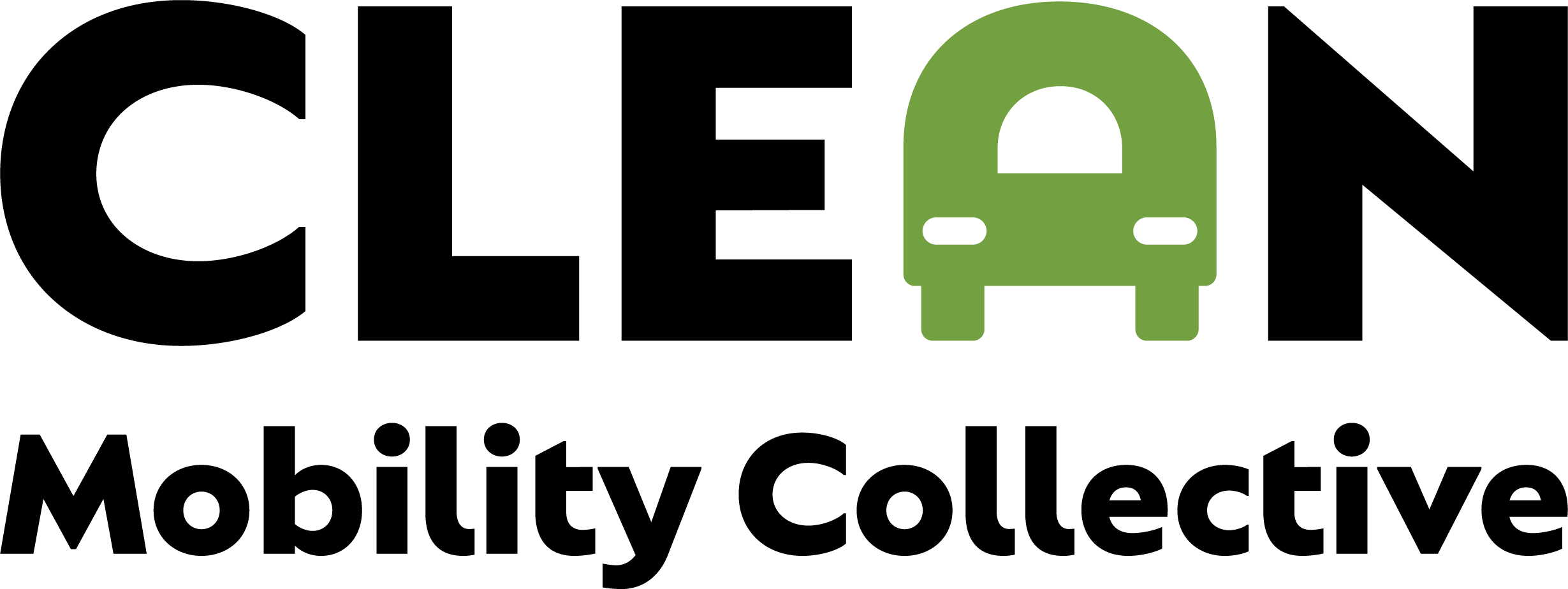9 September 2025
Best Practices in Electric Vehicle Transition: Lessons from India

Introduction
In 2024, India surpassed the United States to become the world’s second-largest online shopper base. Its rapidly growing e-commerce, quick-commerce, and food delivery markets are uniquely positioned to drive large-scale last-mile electrification.
State and national policymakers have been important stakeholders in recent progress. The national government continues to push EV adoption through measures like the PM E-Drive scheme and Production Linked Incentives (PLI) programmes for advanced chemistry cells and EV manufacturing. At the state-level, ambitious mandates have enhanced access to, and demand for EV options. For example, Delhi’s Aggregator Scheme requires all ride-hailing, delivery, and freight aggregators to transition to 100% electric fleets by 2030, with clear interim targets.
Meanwhile, India’s EV manufacturing ecosystem is also expanding rapidly to meet growing demand. Original Equipment Manufacturers (OEMs) are fostering a robust supply chain of components, battery packs, and charging solutions to strengthen India’s position as both a consumer and producer in the global EV market.
With high urban density, strong multi-level policy support, a growing indigenous EV industry, and a young, tech-savvy workforce, India presents both significant opportunities and operational challenges for electric vehicle deployment. Two major players—Zomato and Flipkart—are piloting innovative fleet models, forging partnerships with OEMs, and building charging ecosystems to cut last-mile emissions while addressing cost, infrastructure, and scale barriers.
Flipkart
Building a Sustainable E-Commerce Supply Chain Through Fleet Electrification
Flipkart, India’s leading e-commerce platform, has committed to transitioning to 100% EV last-mile deliveries by 2030 under the EV100 initiative. By mid-2025, it had deployed over 10,000 electric vehicles across Tier-I cities, supported by partnerships and infrastructure investments.
Best Practices
In-House and Partnered Fleet Electrification: Flipkart uses a hybrid approach of direct EV deployment and partnerships with third-party operators like BikeWo and Instakart. This dual model enables rapid scaling while balancing control and flexibility.
City-Specific EV Rollouts: Rather than applying a uniform national strategy, Flipkart pilots EV programs in cities with mature infrastructure and high delivery density—such as Bengaluru, Hyderabad, and Delhi—before scaling. This iterative approach allows for fine-tuning based on real-world constraints.
Charging Infrastructure Development: To support its EV fleet, Flipkart has partnered with energy providers and infrastructure developers such as Adani Group, enabling the rollout of 38 EV charging hubs with 190 charging ports across Tier-II cities.
MOWO Mobility
Revolutionizing Last-Mile Logistics Through Women-Led EV Transition
MOWO Mobility empowers women to drive electric two- and three-wheelers as a route to dignified employment while contributing to emissions reduction in urban deliveries. Rooted in Hyderabad but scaling nationally, MOWO blends training, gender inclusion, and clean mobility interventions. Since its founding in 2019, MOWO has trained more than 3,500 women across India, particularly from marginalized socio-economic backgrounds.
Best Practices
Bringing in Women from Marginalized Communities: MOWO operates dedicated women-only EV training centers that provide instruction in e-bike and e-rickshaw driving, licensing support, financial literacy, and soft-skills training. Programs are tailored to the unique constraints and safety needs of working-class women and supported by government schemes and microfinance institutions.
Livelihoods via EV-Driven Economic Empowerment: Graduates are placed into jobs with last-mile delivery firms and logistics platforms, including Blue Dart and ETO Motors, using electric two- and three-wheelers. Some drivers earn up to ₹2,000 (about 20€) per day or transition into vehicle ownership via lease-to-own or subsidized loan programs.
Community Mobilization and Advocacy: MOWO’s “Moving Boundaries” initiative is a national 11,111-km e-bike tour from Kanyakumari to Kashmir. This initiative has raised awareness of women’s mobility rights and EV access. Women-led EV rallies and public campaigns challenge gendered stereotypes while promoting sustainable transport.
Zomato
Electrifying Food Delivery at Scale Through Partnerships and Targets
Zomato, India’s leading food delivery platform, has committed to achieving 100% EV-based deliveries by 2030 as a member of the Climate Group’s EV100 initiative. Recognizing the complexity of India’s fragmented delivery ecosystem, Zomato is pursuing a partnership-driven strategy that emphasizes shared mobility, third-party logistics, and flexible access to EVs for gig workers.
Best Practices
EV-First Logistics Partnerships: Zomato collaborates with third-party EV fleet operators such as Zypp Electric and SUN Mobility to expand access to electric two-wheelers across cities. This reduces upfront ownership costs for delivery workers while ensuring consistent service levels.
Battery Swapping for Operational Uptime: By partnering with SUN Mobility, Zomato enables delivery workers to use battery swapping infrastructure, significantly reducing downtime and making EVs viable even for high-intensity gig work.
Incentive Programs for Delivery Partners: Zomato offers performance-linked financial incentives and rental subsidies to delivery workers who adopt EVs, encouraging uptake without mandating ownership. These programs are designed to ease adoption among gig workers with limited financial flexibility.24
Lessons for EV Transition
Flipkart, MOWO, and Zomato demonstrate that fleet electrification succeeds when scaled through partnerships, local adaptation, and inclusive workforce strategies. Flipkart’s city-specific rollouts show that piloting in high-demand, infrastructure-ready markets can refine operations before national expansion. Zomato’s battery-swapping partnerships highlight how service-based EV access can remove cost barriers for gig workers while ensuring operational uptime. MOWO Mobility illustrates that electrification can also serve as a platform for social inclusion, expanding employment opportunities for women from marginalized communities.
Taken together, these examples offer a practical roadmap for action: match deployment pace to local infrastructure readiness, integrate flexible access models such as leasing and battery swapping, and ensure that the transition creates equitable economic opportunities. India’s experience shows that even in complex, fragmented delivery ecosystems, companies can move quickly and effectively by aligning technology, partnerships, and social impact into a coherent electrification strategy.
Explore the Report
Dive into the case studies and see what’s working today. Download the Full Report




